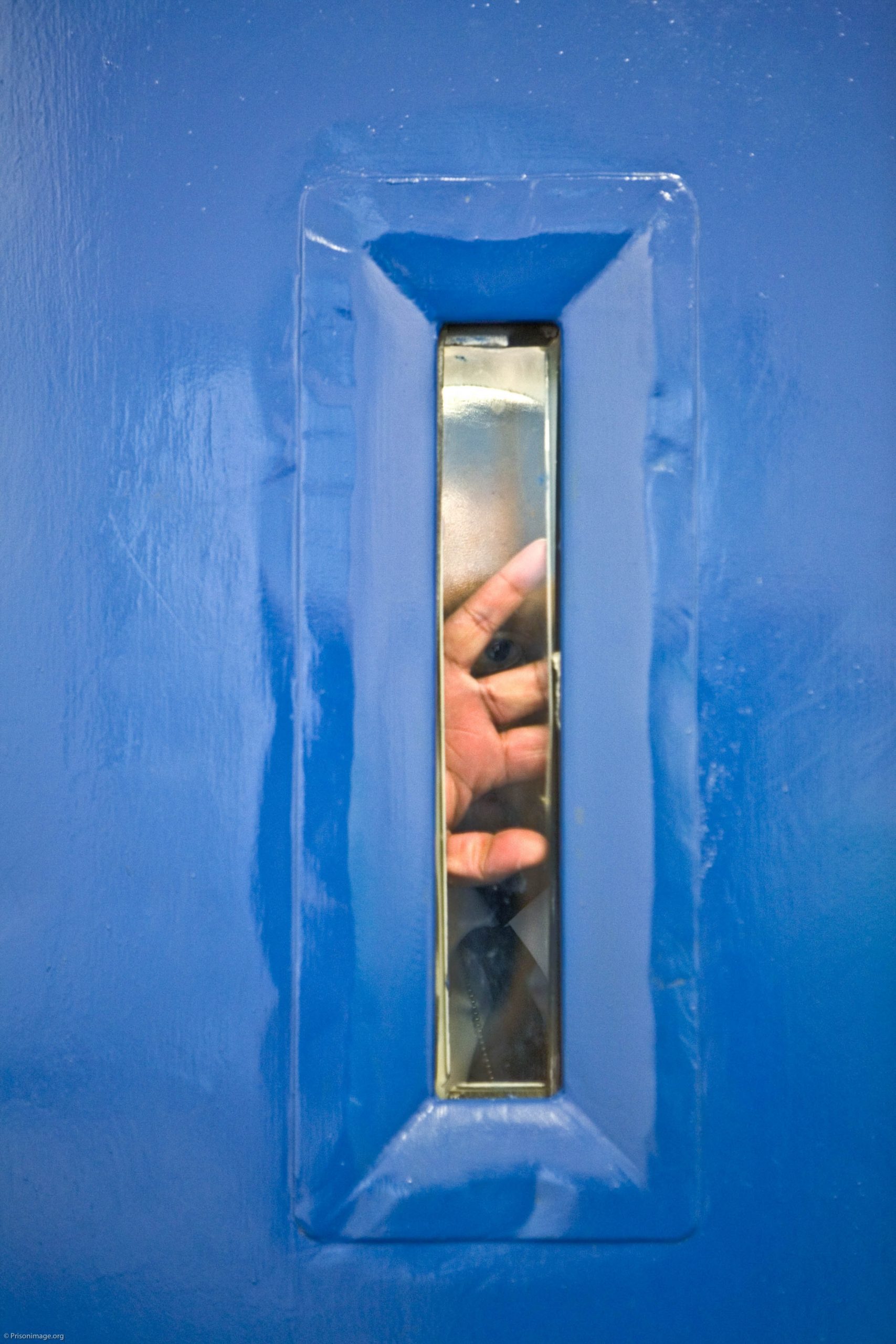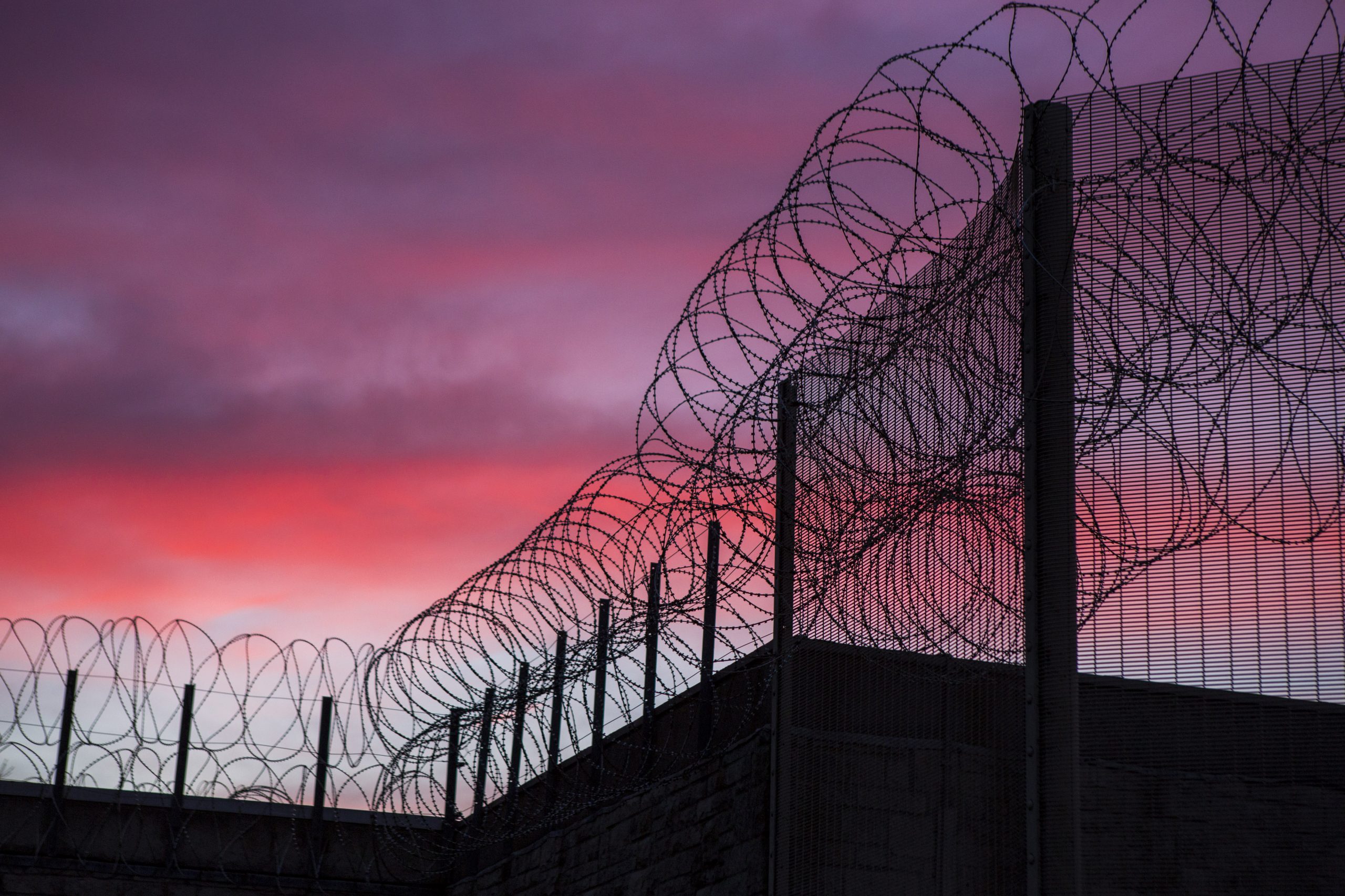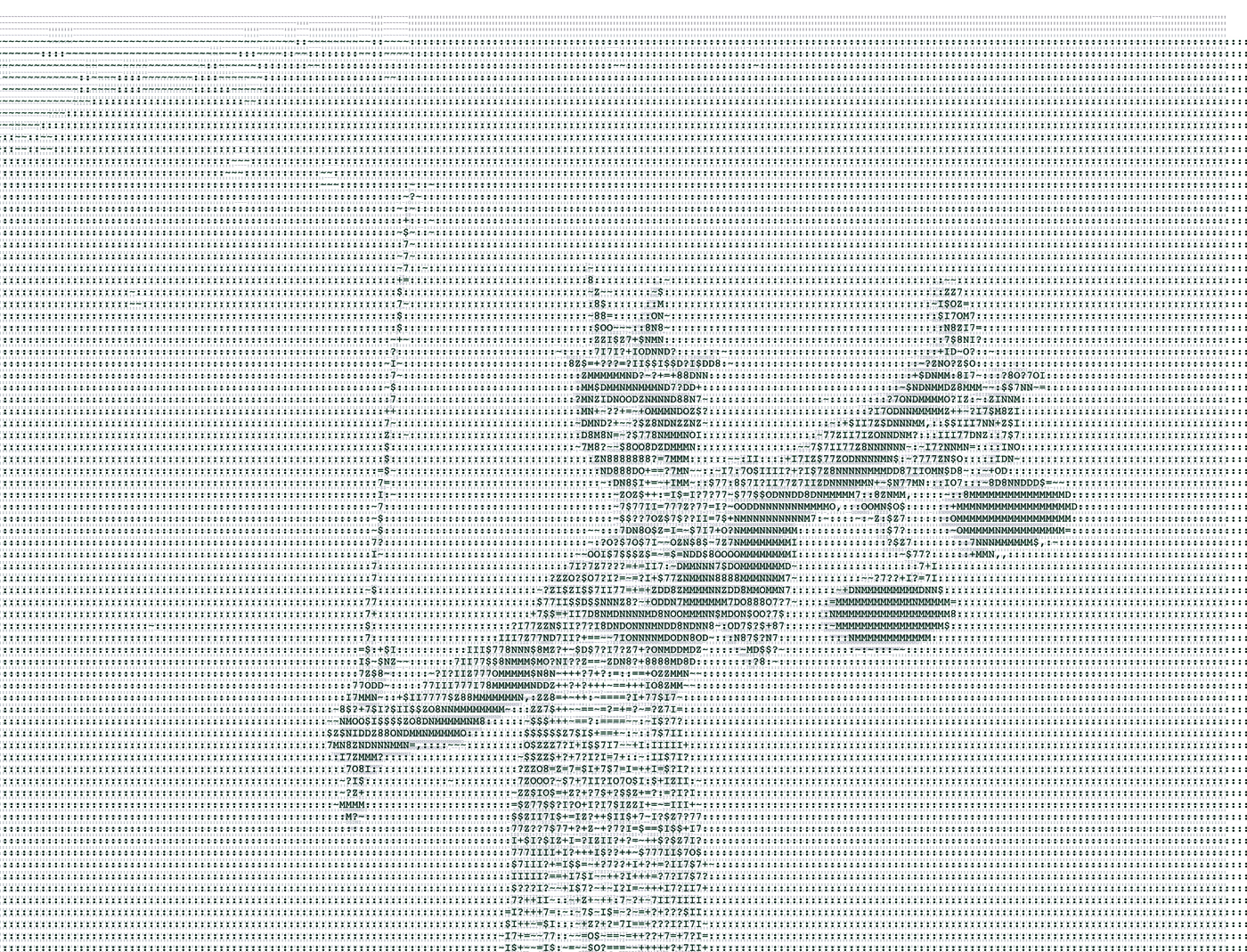David Rose considers our increasingly secret courts in the wake of 9/11 at the expense of legal rights – and how we might restore the balance. This article is an edited version of an article that appears in Proof magazine, issue 2. You can buy Proof here.
Speaking at the 50th anniversary conference of the University of Oxford’s Centre for Criminology in June 2016, Professor Lucia Zedner presented a chilling tour d’horizon on the shifting balance between security and legal rights.
‘Every year new security measures are introduced that radically alter the very architecture of criminal law and criminal justice,’ she said. ‘New offences stretch the parameters of criminal liability, criminalize preparatory acts; extend possession, endangerment and association offences; and make crimes of a host of activities relating to terrorism.’ She added that secret, closed court proceedings and ‘special advocates’ were becoming widespread, especially since the passage of the 2013 Justice and Security Act, while politicians were proposing ever more intrusive methods of surveillance and intelligence gathering.
Resisting these trends is extremely difficult. In this article, I want to draw attention to an aspect of the debate which deserves more attention – and may, just possibly, offer a way to reclaim some of the territory we have lost.

A prison officer checking on a cell at HMP Wandsworth. Pic by Andy Aitchison from Proof magazine
In the 1990s, working for The Observer and the BBC, I used to talk from time to time to members of the UK’s intelligence and security services. (They later made clear they did not wish our association to continue, largely because I wrote some disobliging things about their complicity in sending UK citizens to Guantanamo and other aspects of the Bush administration’s ‘war on terror’.)
In those far-off days, when the West was basking in its triumph against Soviet communism, and radical Islamist terrorism still looked like an easily manageable threat, the spooks were facing budget cuts, and so sought new roles. MI5 wanted to be given what was termed ‘the lead’ in dealing with the Provisional IRA. MI6 fancied itself combating international organised crime. As they made their pitch to journalists and Whitehall officials, the agencies’ representatives would not only stake their claims, citing their supposed advantages over mere law enforcement institutions, but also present a shopping list. If only, they said, we had more powers to conduct intrusive operations of various kinds, and to do so in secrecy, then we could swiftly defeat the Republicans, or win the ‘war on drugs’.
Trade off
In terms of their desired new roles, they got their way. But when it came to curbs on legal rights and extended powers of surveillance, they faced determined pushback, both from ministers and the less secret parts of the civil service. In the trade-off between security and liberty, the secret services were reminded that in a democratic society, there were certain principles that could not be compromised.
Central to them was the line dividing ‘intelligence’, information gathered through covert means by the spooks, and ‘evidence’: the stuff heard and tested in court. If MI5 got a tip-off about a Provo bombing, sending the alleged perpetrators to prison meant handing the case to the police. They would have to build a case in the ordinary way, with live witnesses giving sworn testimony in open court. As MI6 learnt the hard way with the Iraqi ‘supergun’ scandal, the assumption was that courts had to be open, unless there were very compelling national security reasons for keeping their proceedings secret. (Several Russian spying cases were held mostly in camera in the closing part of the Cold War, with little controversy being aroused.)
Even then, before 9/11, the division was not absolute. In Northern Ireland, and in certain types of immigration case, ‘intelligence’ was already seeping through the legal membrane into the judicial process. Moreover, in some criminal trials, juries were given a distorted view of how a prosecution had come about. For example, law enforcement agencies would go to great lengths to conceal the fact that their ‘participating informant’ had in fact played a central role in a criminal conspiracy, and might even be said to have acted as an agent provocateur. But in the wake of the miscarriage of justice cases revealed 1989 – 92, especially that of the innocent alleged IRA bomber Judith Ward, the disclosure regime was far more generous than it was to become. Furtive stratagems were liable to be exposed, and by and large, the line held.
The restrictions this placed on the services gave rise to much grumbling. If only the courts could be told the truth as understood by the security chiefs, the argument went, more bad people would be brought to justice. There would also be fewer irritating defeats for the government in ‘vexatious’ civil actions.
*
Here, as with so much else, everything changed after September 11, 2001. In her June talk, Prof Zedner quoted David Cameron, who summed up the politics succinctly: ‘I am simply not prepared to be a prime minister who has to address the people after a terrorist incident and explain that I could have done more to prevent it.’ After al-Qaeda’s attacks on America, any minister who tried to block an item on the services’ shopping list would be given a brutal warning – that if they didn’t get what they wanted, the deaths of innocents might be the result.
Some of the consequences, which Zedner listed, have become familiar. One, I suggest, is not: the bleeding across of the products of secret intelligence-gathering, and the attitudes and assumptions underlying it, from its previously self-contained sphere into the civil and criminal courts.
In order to appreciate why this matters, it is important to understand certain things that lie at the heart of the culture of all intelligence and security agencies. First, every green recruit is taught that sometimes, members of secret agencies will be required to mount elaborate deceptions, and to tell outright lies. But if these stratagems are to work in future, the agencies must always be given ‘plausible deniability’, and this means the extent to which they can ever be held ‘accountable’ in the usual sense must be strictly limited. Their ‘sources and methods’ – even if the intelligence they produce turns out to be utter garbage – must be kept secret at all costs.
*
I realised just how strong this culture is during a long court battle 2008-9. I was one of several journalists who challenged the attempt of the then-Foreign Secretary David Miliband to keep secret a High Court judgment that contained a short summary of the torture inflicted on Binyam Mohamed at the behest of the CIA. By this time, Mohamed’s grisly treatment had been widely publicised, and the veracity of his allegations endorsed by a court in America. Yet Miliband maintained that to open the redacted portions of the UK court’s ruling would permanently wreck the UK’s intelligence relationship with America – because originally, the admissions in the judgment had been supplied by the CIA, on the assumption they would remain secret. The substance of what the redacted judgment said was not the issue. What had to be stopped was the disclosure of anything relating to classified sources and methods that the CIA had given their British counterparts, even when this described the ‘extraordinary rendition’ of an innocent man accused of a chimerical ‘dirty bomb’ plot to Morocco, where his genitals were repeatedly cut with a razor.
The ‘intelligence’ about the fictitious dirty bomb plot that led to Mohamed’s torture was bogus. It was itself the product of torture and coercive interrogation, starting with the multiple waterboardings inflicted by CIA officers on the Al-Qaeda operative Abu Zubaydah. Had it ever been tested in court, it would have melted away: it alleged that Mohamed, then a heroin addict, had been planning to somehow purchase large amounts of radioactive heavy metals in central Asia, smuggle them into the United States, and then watch as his co-conspirators detonated the resultant bombs in downtown New York.
It is, in my view, invidious, that for many years now, we have tolerated secret intelligence – possibly of equally dubious provenance – to be used in immigration cases. Reports that cannot be challenged; accusers who never face the objects of their allegations; witnesses who cannot, in any accepted sense of the term, be cross-examined: as is well known, this is the stock-in-trade of the Special Immigration Appeals Commission. There, appellants cannot be told the nature of the case against them, and their Special Advocates cannot discuss the evidence with their clients. Perhaps we have tolerated this because SIAC affects only foreigners. But with the passage of the 2013 Act, British citizens are equally exposed to the whispers of the spooks in judges’ ears – the bleeding across of unsubstantiated claims from secret sources whose identity can never be revealed into the sphere normally governed by sworn evidence.
With the acceptance of untested intelligence by the civil courts, the secrecy that comes in its wake has come to afflict the criminal process too, so that the real reasons behind critical decisions remains unknown, and the public is kept in the dark about cases where, quite properly, there is high public interest.

HMP/YOI Portland. Pic by Andy dAitchison from Proof magazine
For example, in the past two years, I have written several investigative articles in the Mail on Sunday about the ‘Freshwater Five,’ Jamie Green and his crab boat crew jailed for terms of up to 24 years for importing cocaine. Thanks mainly to Emily Bolton and the Centre for Criminal Appeals, every aspect of the Crown’s case at trial has been demolished.
In fact, the Crown’s case was always at best improbable: that in the middle of a dark and stormy night, Green and his crew sailed out to the middle of the English Channel, where they managed to pick 12 rucksacks containing an amount of the drug worth £54 million from mountainous seas, after they had been hurled from the deck of the Brazilian container vessel. And then, apparently, they sailed back to the Isle of Wight and jettisoned the bags, for who knows what reason, below the cliffs of Freshwater Bay. It is now clear that it can’t be true, any of it, because fresh evidence shows that Jamie’s boat was simply never in any of the right places at the right time: it never crossed the Brazilian ship’s wake, nor got close in to the cliffs. And if the bags had been thrown from the ship into in the Channel, they would have drifted away from the crab boat, not towards it.
Yet the Criminal Cases Review Commission seems unable to make up its mind to refer the case to the Court of Appeal. Why? A commission source has hinted to me that the CCRC is aware of undisclosed ‘intelligence’ that was never aired, much less challenged, in court. If this really is the reason for the unconscionable delay in one of the strongest appeal cases I have seen in 35 years as an investigative reporter, it would be monstrous. What could such ‘intelligence’ be? An anonymous smear from a crab trade rival? Or what? The chances are, neither we nor Jamie Green will ever know.
Not only intelligence but evidence is now being kept secret with increasing frequency. The rulings to impose almost total secrecy in the notorious Incedal terrorism case were handed down by Mr Justice Nichol. In 2014, he also presided over the trial of Nicholas Jacobs for the murder of PC Blakelock at the Broadwater Farm riot in 1985. The jury found him not guilty. But explaining why to readers is impossible, because the judge also protected the witnesses with orders so strict that any article that might lead to their identification would risk being found in contempt of court. I know why their accounts fell apart. But I cannot tell you.
However, in the original Broadwater Farm affray, riot and murder trials held 1986 – 7, every witness who gave evidence did so in the open, including residents of the estate who were the defendants’ contemporaries. I am unaware of any reprisal being inflicted on any of them. Nevertheless, Mr Justice Nichol decided that when the witnesses and the accused were not youths but middle-aged men, it was appropriate to conduct what might just as well have been a secret trial, in which justice, by definition, could not be seen to be done. In the 1980s, such restrictions were only applied in the most sensitive spy trials. No longer.
Strangely enough, it was Andrew Nichol QC, as he then was, whom I accompanied to Madrid in the spring of 1994 for a special conference on the legal process and the media organised by the International Commission of Jurists. In those days, Nichol was known for his fearless advocacy in favour of a free press. After three intense and rewarding days of debate, the conference, attended by delegates from 50 countries, unanimously adopted the ‘Madrid principles on the relationship between the media and judicial independence’.
These state: ‘It is the responsibility of judges to recognise and give effect to freedom of the media by applying a basic presumption in their favour and permitting only such restrictions as are authorised by the International Covenant on Civil and Political Rights and specified in precise laws… secrecy must be regarded as being mainly for the benefit of persons who are suspected or accused and to preserve the presumption of innocence… any restriction of the basic principle must be strictly prescribed by law.’
I suppose that, hypothetically, if intelligence and evidence given in secret were always reliable, none of this would matter. But of course it is not. In addition to Binyam Mohamed, one need look no further than Guantanamo, where hundreds were detained for many years on the basis of unsubstantiated rumour, and denunciations made via translators from Urdu and Pushtu who were so poor that, in the words of one official Pentagon report, had they been translating Spanish, they would not have been able to distinguish between a burro (a donkey) and a burrito sandwich wrap.
*
So here is a modest suggestion. Rolling back the inroads made by the secret state since 9/11 at the expense of legal rights and civil liberty is a vast task. In more pessimistic moments, I fear it will never be achieved. But the place to begin might just be to restore the line between intelligence and evidence, to remember why it is important that daylight illuminates our courts, and why, in a democracy, spooks and lawyers need to play by different rules.
Overturning some of Nichol J’s rulings in the Incedal case, the Court of Appeal commented: ‘We express grave concern as to the cumulative effects of holding a criminal trial in camera and anonymising the defendants. We find it difficult to conceive of a situation where both departures from open justice will be justified.’ That could be seen as an encouraging start. To guide the next steps, one need look no further than the ICJ’s Madrid Principles, endorsed by the young Andrew Nichol 22 years ago.







